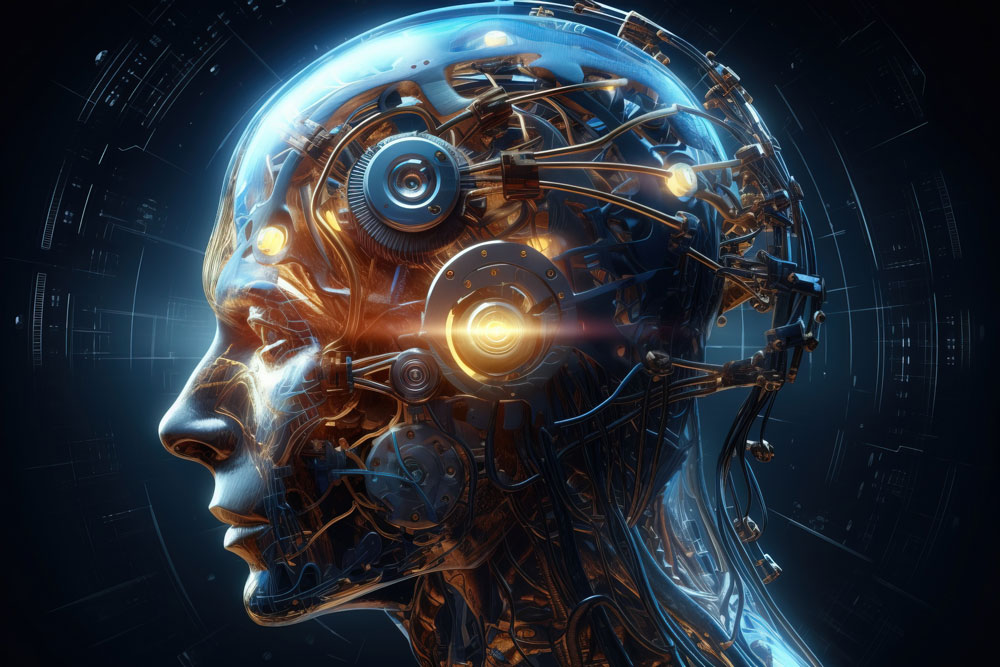In mainstream media discourse, the term ‘disability’ or even the notion of it can conjure up a whole range of negative stereotypes and entrenched stigmas. In most cases, the way the notion of disability is presented is likened to a state of condition that needs to be ‘fixed’ or ‘cured’. And of course, when we say someone needs ‘fixing’, the first immediate thought that is raised is that that someone is deficient in something; a loss of positive value. This kind of rhetoric drives much of how the media construes and facilitates discussions surrounding disability; when such rhetoric is employed, one only has to imagine the damage this can inflict upon people who identify as being disabled.
Fortunately, many disabled communities have made an effort to push back this rhetoric, proudly advocating that disability is not a deficiency, nor should it be a debilitating condition but a reflection of each person’s uniqueness and the expression that we all come in different shapes and sizes. Following in pursuit with these communities, disability pride is pivotal to undoing the implicit ableism in the way disability is conceived and opening the doors for non-ableist thinking, but it can be better accommodated by transforming the notion of disability.
The kind of thinking that there is a standard for what constitutes a ‘normal’ human being and that disabled individuals are exempt from this categorisation finds its ableist roots in the founding philosophy of humanism. It must be noted that humanism as a whole has many different connotations — I shall only be focusing on a particular strand, evolutionary humanism, which appears to be the dominant underlining, even scientific view, of our discourses surrounding disability. Already, we can see why it is problematic, especially with the implications of using the label ‘scientific’. Much of how we understand disability and how it impacts affected individuals is from a biological and evolutionary standpoint. Evolutionary humanism is then understood to be humanism mixed with evolutionary theory, espousing the view that the evolutionary process is fundamental to helping humans exercise and develop their existential autonomy and moral agency in determining their own lives and creating a meaningful existence. A definition like this situates evolution at the forefront or even as the grounds upon which we are enabled to self-determine. However, such a definition lacks consideration for how we should integrate the notion of disability into the picture of what it means to be a human being. We do not want to be saying that disabled people are not humans and that is certainly not the case with mainstream media discourse; so, what is the alternative? Is there even any?
I suggest that we need a more transformative understanding of what disability entails. It is simply not enough to justify this view that disabled people are simply unlucky or naturally impeded by biology and we can do nothing about it. We can do something about it. We are not limited by what disability is, but we are limiting what disability can be and should be. Instead of evolutionary humanism, we should be saying that disabled people can afford for themselves a meaningful existence without the strictures and contours of what society imposes: to be proudly identified as being disabled and enjoy equal status with those who are non-disabled. Luckily, evolutionary humanism isn’t all that there is to humanism; there is another strand of humanist thought that can bolster the cause of disability pride and bring about a transformative discourse to the scene—transhumanism.
Transhumanism divorces itself from the need to centre around the evolutionary process; instead, it is transformative because it transcends our physical limitations—our biology, our evolution—and maintains that we can be human, in fact, more human by focusing on our humanity. Transhumanism proposes that we use technology to help us enhance the human condition through augmentation or expansion of our human abilities and capacities. Thus, it is not to be seen as a substitution of our inherent humanness, but a supplement to who we already are—affirming disability pride and confirming that our humanness is not tied to a specific condition or diagnosis.
What it means to be disabled is no longer wrapped up with notions of debilitation, deficiency, brokenness because it is no longer necessary to conflate one’s biology with one’s humanity. One can be severely limited by their disability and still retain their full humanity because their humanness is not dependent on what they are but on who they choose to be. And who they choose to be—this possibility of choice—is the gateway to what can be. If one is to take pride in their disability then one ought to be proud of who they are.





